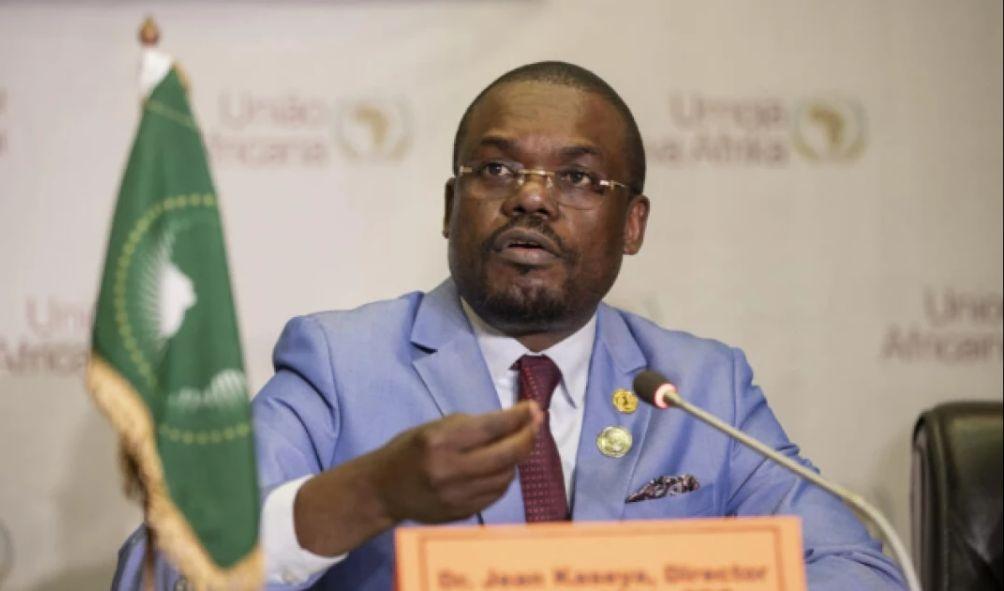Africa’s CDC Declares Public Health Emergency as Mpox Outbreak Worsens
On Tuesday, the African Union’s health authority announced a public health emergency in response to the escalating mpox outbreak across the continent, describing the declaration as a critical “clarion call for action.”
The virus, previously known as monkeypox, was first identified in humans in the Democratic Republic of Congo in 1970 and has since spread to various African nations.
Jean Kaseya, the head of the Africa Centres for Disease Control and Prevention (Africa CDC), emphasized the seriousness of the situation during an online briefing, declaring mpox a continental public health emergency.
Kaseya noted that the disease has impacted numerous African countries, causing widespread family disruption and suffering.
As of August 4, CDC data reported 38,465 mpox cases and 1,456 deaths across Africa since January 2022.
Kaseya stressed that the declaration was not just a procedural step but a necessary move to initiate proactive and aggressive measures to combat the outbreak.
This is the first instance since 2022 that the Addis Ababa-based agency has exercised its continental security powers.
The declaration is anticipated to facilitate the mobilization of financial and other resources crucial for halting the disease’s spread.
Boghuma Titanji, an assistant professor at Emory University, called the CDC’s declaration a vital step in improving coordination among African nations and encouraging funding for outbreak response.
Titanji also criticized the reliance on foreign aid, pointing out that it exposes weaknesses in the current response strategies.
ALSO READ:
- Inside Job Exposed: Kenyan Prison Wardens Convicted for Orchestrating Daring Terrorist Escape
- Uganda Pulls the Plug: Nationwide Internet Blackout Ordered Days Before Crucial General Election
- African Elections Under the Spotlight as Zambia Turns to Kenya Ahead of 2026 Vote
- “Two Drug Barons in Cabinet?” Kenya Government Fires Back as Ex-Deputy President Sparks Explosive Drug Claims
- Kenyan Court Freezes Use of Private Lawyers by Government, Sparks Nationwide Legal Storm
The CDC’s announcement precedes a World Health Organization (WHO) emergency committee meeting scheduled for August 14, where the committee will consider declaring a public health emergency of international concern (PHEIC).
Kaseya noted that the WHO’s potential actions could complement the CDC’s declaration.
The U.S. government has reported close coordination with DR Congo and other affected nations on mpox. It has contributed $17 million in additional aid this year to support African countries in their response efforts.
Following a global surge in mpox infections in May 2022, primarily affecting gay and bisexual men due to the Clade IIb strain, the WHO declared a PHEIC. This alert lasted from July 2022 to May 2023 and resulted in approximately 140 deaths from about 90,000 cases.
Titanji, originally from Cameroon, pointed out that the earlier PHEIC did not substantially improve access to diagnostics, treatments, or vaccines for African countries.
Mpox, which was renamed from monkeypox in 2022, is a disease transmitted to humans from infected animals and can also spread between people through close contact. It causes fever, muscle pain, and large, boil-like skin lesions.
The virus has two main subtypes: Clade I, which is more virulent and found in the Congo Basin, and Clade II, prevalent in West Africa. The recent surge in the DRC is linked to the Clade Ib subclade.
Since 2009, the WHO has declared a PHEIC seven times, covering H1N1 swine flu, poliovirus, Ebola, Zika virus, Ebola again, Covid-19, and mpox.
Africa’s CDC Declares Public Health Emergency as Mpox Outbreak Worsens
